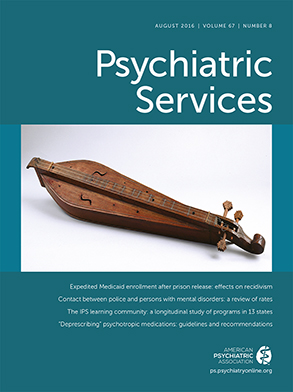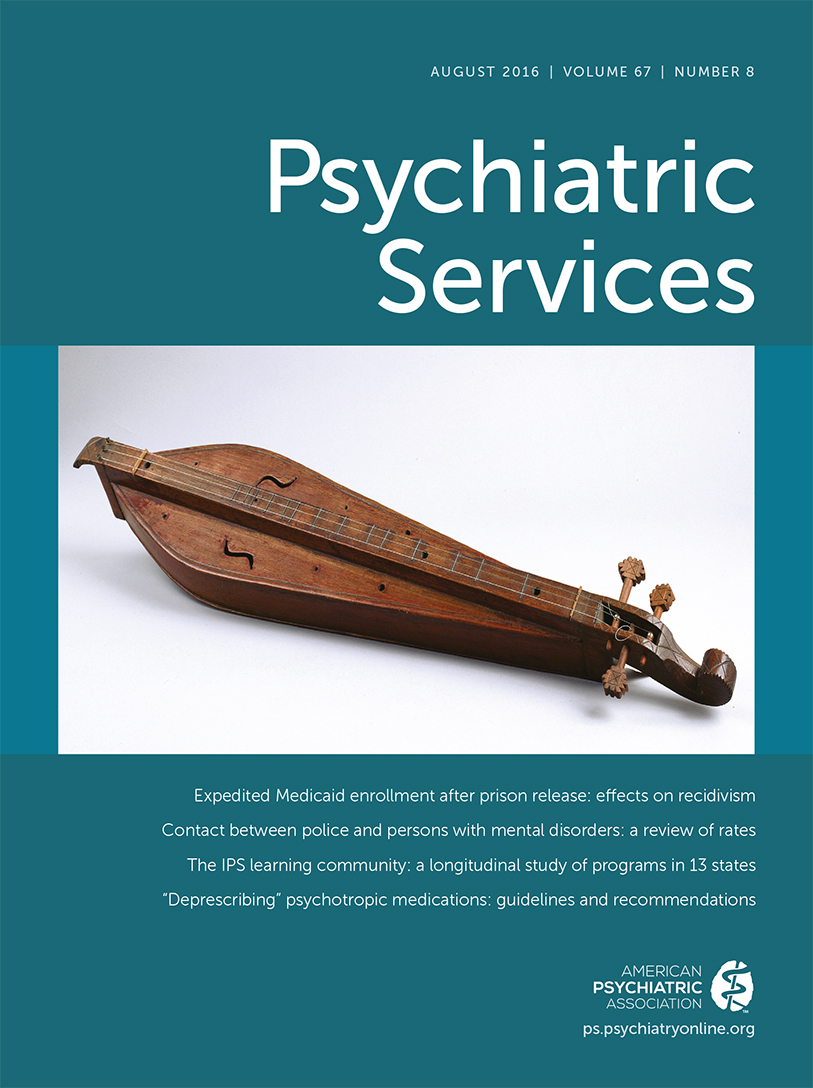Mick Power, a British psychologist, provides a marvelous, brief history of psychiatry in Madness Cracked, then proposes a major overhaul of the classification of psychiatric conditions. Fundamental to his thinking is that science has advanced through the development of theories. He is especially attracted to how Dmitri Mendeleev developed the periodic table for chemistry 150 years ago and impressed that the table seemed predictive about chemical elements later discovered. Should psychiatry take a similar approach?
The Diagnostic and Statistical Manual of Mental Disorders has claimed to be atheoretical, but a review of the texts of the various editions finds theoretical influences. The first DSM, published in 1952, divided psychopathology into two parts, organic causes and reactions (such as “schizophrenic reaction”) but championed no comprehensive theories beyond illnesses having an organic cause or being a reaction to stress. DSM-II (1968) continued with organic disorders and otherwise claimed to be atheoretical but allowed some “unconscious conflicts” to slip into the definition of neuroses. DSMs III (1980), III-R (1987), IV (1994), IV-TR (2000), and 5 (2013) were without theories beyond having some conditions resulting from organic causes and some from mental stresses.
It is said that psychiatry has been “stuck” and has not advanced any substantial innovations since 1959. By 1959 we had antipsychotics, antidepressants, anxiolytics, cognitive enhancers, mood stabilizers, stimulants, and medications to address addictions. Developments since have been within the shadows of what we had in 1959. Are the DSMs the cause of our stagnation?
In this book, Power proposes a radically new and very complex approach to psychiatric classification. Unlike his two chapters on the history of psychiatry, his proposed new approach is not easy going.
First, one needs to know the SPAARS system, which stands for schematic, propositional, analogical, and associative representation systems. This is the system that Power introduced first as the generator of emotions. He then expanded SPAARS to cover not only the generation of emotions, but drives and cognitions as well (the DEC profile). Using the DEC model, he reviews the research of many psychiatric conditions, which provides readers an update on clinical psychology.
Furthermore, in addition to urging clinicians to examine emotions such as anxiety, depression, and others familiar to clinicians today, he asks that we also look at anger and disgust. According to Power, conditions associated with anger have been far more problematic for society and for individuals than conditions associated with anxiety. He sees disgust as an important emotion in many cases of eating disorders, depression, posttraumatic stress disorder, and some phobias.
Would our clinical results be improved if anger and disgust become major foci of interest? Neither is in DSM-5. Anger is in ICD-10-CM, coded R45.4, but we are unaware of any initiatives yet to cover anger in future DSMs. These are two of the many ways of rethinking psychopathology that Power provides the reader.
Madness Cracked should be among books being reviewed by those who are developing future editions of the DSM. The vastness of his proposal makes its total adoption unlikely, but some parts of his thinking may help psychiatry become unstuck.


